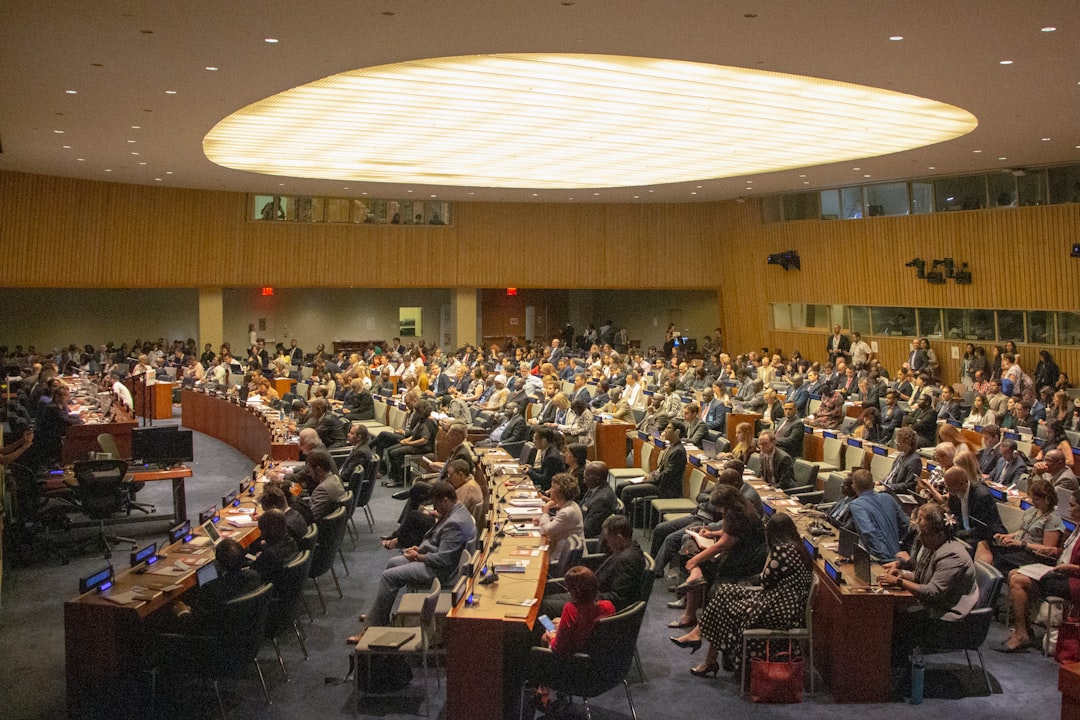What is it about?
The right to self-determination, as one of the fundamental principles of international law, is enshrined under the UN Charter and under the two international human rights covenants - ICCPR and ICESCR. In addition to the international normative frameworks, the right will also be recognized and protected through domestic legislation including constitutions. The Constitution of the Federal Democratic Republic of Ethiopia (FDRE Constitution) is one of such legislation that explicitly and in a fairly detailed manner deal with the right. Exceptionally, the FDRE Constitution also recognize the right to secession as a legal right integral to the right to self-determination. Moreover, the Constitution enshrine self-determination including secession as an unconditional right belonging to all the nations, nationalities and peoples in the country. The equal and unqualified recognition of the right to all peoples makes the Ethiopian constitutional law approach worth examining in light of the ambiguities attached to the right to self-determination under international law. This article, therefore, makes a comparative analysis of whether and how the FDRE Constitution addresses some of the controversial issues related, for example, to who the subjects of the right to self-determination are, and the modalities of exercising the right, particularly the legal right of secession.
Featured Image

Photo by Ugur Akdemir on Unsplash
Read the Original
This page is a summary of: Constitutional Protection of the Right to Self-Determination, International Journal on Minority and Group Rights, November 2021, Brill,
DOI: 10.1163/15718115-bja10051.
You can read the full text:
Contributors
The following have contributed to this page










